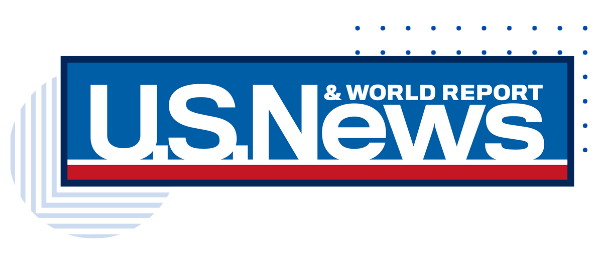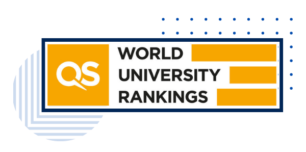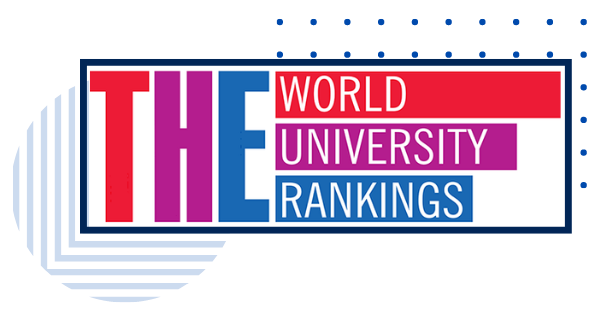About Princeton University
Founded in 1746, Princeton is a private Ivy League research university located in Princeton, New Jersey. It is known for its strengths in economics, mathematics, and political science, and has produced numerous US presidents, Supreme Court justices, and Nobel laureates. Princeton has a student body of around 8,000, and its alumni have founded numerous successful companies, including Amazon, eBay, and Google.
Acceptance Rate
Overall: 6%
Early: 14.6%
Tychr Student: 22%
US News Ranking
#1
Student-faculty Ratio
5:1
Number of Applications
37,601
Undergraduate Programs
38
Download our Successful College Application Guide
Our Guide is written by counselors from Cambridge University for colleges like MIT and other Ivy League colleges.
To join our college counseling program, call at +918825012255

Rankings

#1
US News

#16
QS World

#7
The World Rankings
Admissions Overview
Application Deadlines
Single Choice Early Action (SCEA): Nov. 1
Regular Decision: Jan. 1
Common App
Accepted
Class Rank
Considered
SAT/ACT
Optional
Recommendation Letters
2 Teacher Recommendations
1 Counselor Recommendation
TOEFL, IELTS or PTE Academic
Required for International Students
Popular Majors

Computer Science
Princeton's Computer Science program focuses on the theoretical and practical aspects of computer science. Students learn fundamental concepts, algorithms, and programming languages, as well as advanced topics like artificial intelligence, data science, and computer systems. The program emphasizes problem-solving skills and provides opportunities for research and collaboration with faculty.

Economics
Princeton's Economics program explores the principles and theories behind individual and collective decision-making regarding the production, distribution, and consumption of goods and services. Students study microeconomics (individual behavior) and macroeconomics (aggregate behavior), quantitative methods, econometrics, and specialized topics such as finance, development economics, and international economics.

Public Policy Analysis
Princeton's Woodrow Wilson School offers a major in Public Policy Analysis. This interdisciplinary program combines coursework in economics, political science, sociology, and policy analysis to understand and address complex public policy challenges. Students develop skills in policy analysis, research methods, and learn about various policy areas such as education, health, and international relations.

History
Princeton's History program provides a comprehensive study of historical events, processes, and ideas. Students explore different regions and time periods, learning to critically analyze primary and secondary sources, develop historical arguments, and engage with historical debates. The program encourages research and offers opportunities to work closely with faculty.

Political Science and Government
Princeton's Political Science program delves into the study of politics, governments, and political systems. Students examine political theory, comparative politics, international relations, American politics, and methodology. The program emphasizes critical thinking, research skills, and understanding political institutions and processes.

Engineering
Princeton's School of Engineering and Applied Science offers several engineering majors, including Mechanical and Aerospace Engineering, Electrical Engineering, Chemical and Biological Engineering, and more. The engineering programs provide a solid foundation in math, science, and engineering principles. Students engage in hands-on projects, laboratory work, and have opportunities for research in their chosen field.
Interested in applying to Princeton?
Speak with one of our experts today.
Notable alumni


Learn more about Princeton University
FAQs
Princeton University is renowned for its strong programs in the humanities, social sciences, natural sciences, engineering, and public policy. It is particularly known for its strength in mathematics, economics, and computer science.
Yes, Princeton University is committed to providing financial aid to eligible students. The university has a generous need-based financial aid program that ensures access to education for students from diverse backgrounds.
The student-to-faculty ratio at Princeton University is approximately 5:1, which reflects the university’s commitment to small class sizes and individualized attention from faculty members.
Yes, Princeton University offers numerous research opportunities for undergraduate students across various disciplines. Students have the chance to work closely with faculty members on cutting-edge research projects.
Princeton University’s campus is known for its stunning beauty and architectural elegance. The campus features a mix of historic buildings and modern facilities, surrounded by lush greenery and open spaces.
Yes, Princeton University has a robust and influential alumni network. Alumni are actively engaged in various fields, providing valuable connections and opportunities for current students and recent graduates.
Princeton University offers a wide range of extracurricular activities and student organizations, including clubs, sports teams, performance groups, publications, and community service initiatives. There are ample opportunities for students to pursue their interests, develop leadership skills, and engage in campus life.
Princeton University operates on a semester-based academic calendar. It typically consists of fall and spring semesters, with a shorter optional summer term. The university also observes breaks for winter and spring recess.
Yes, Princeton University values diversity and strives to maintain a diverse and inclusive community. The university attracts students from various backgrounds, cultures, and countries, fostering a vibrant and multicultural campus environment.
Yes, Princeton University offers study abroad opportunities through its Study Abroad Program. Students have the chance to study in various countries and immerse themselves in different cultures while earning academic credits towards their Princeton degree.








